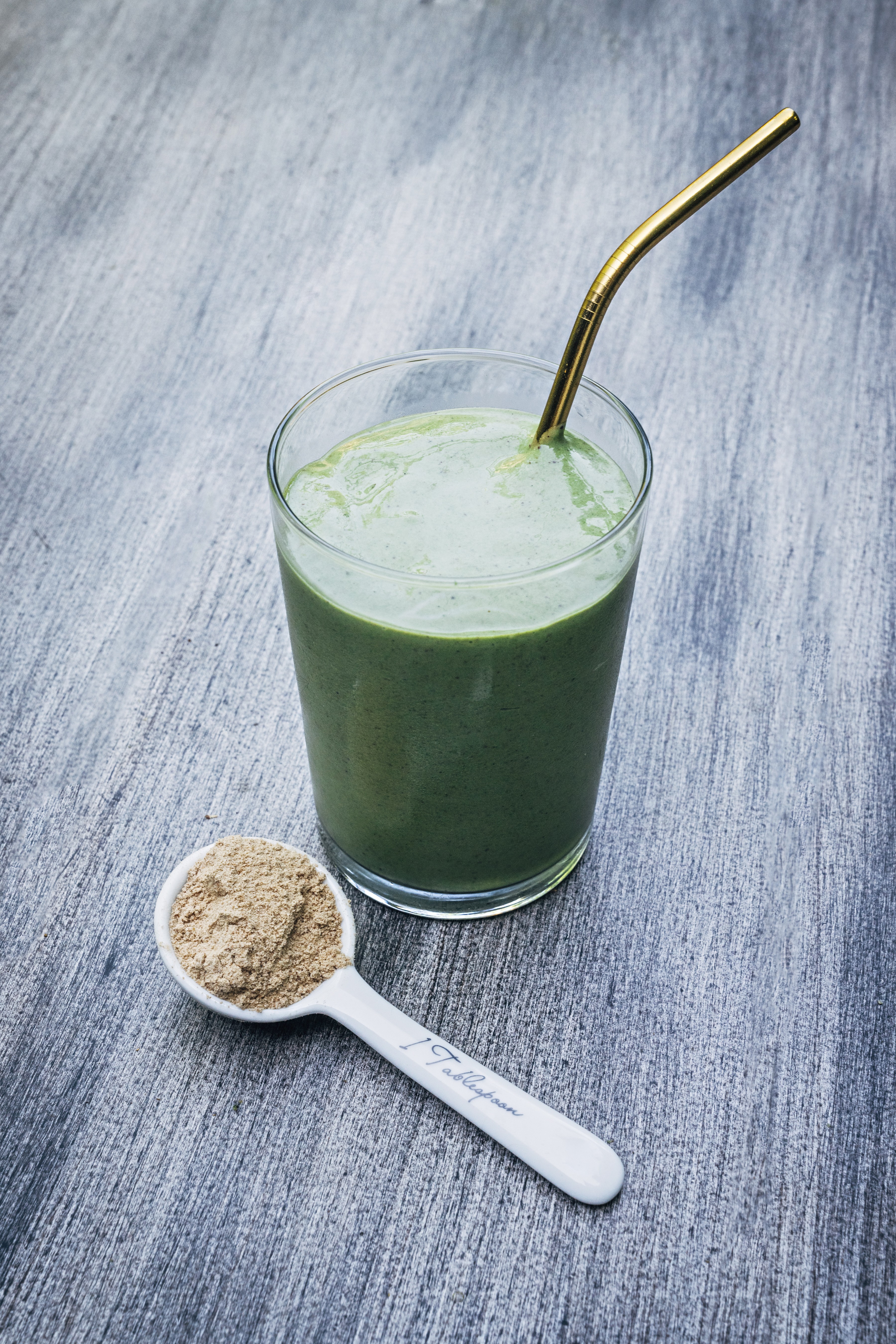The Collagen Question: Do Supplements Really Deliver on Skin, Hair and Nail Promises?
Inside beauty’s biggest supplement debate.


Scan any beauty insider’s skincare shelf and you’ll likely spot one product they all have in common: collagen supplements. Whether in gummy, powder, liquid or capsule form, they’ve become a staple of the beauty world, hailed as the secret to glowing skin, stronger nails and thicker hair. But among the glossy promises, one question remains—do collagen supplements actually work?
Collagen is the body’s structural protein, found in skin, bones, muscles and ligaments. It provides strength and elasticity and is essentially the “glue” that holds everything together. There are 28 types of collagen, but when it comes to beauty, the first five are most relevant: Type I, the most abundant, keeps skin elastic and strengthens hair and nails; Type II supports cartilage and joint health; Type III works with Type I to maintain skin firmness and support muscles and blood vessels; Type IV acts as a structural glue between skin layers (though it isn’t available in supplement form); and Type V, less well known, helps form cell membranes and plays a role in placenta development during pregnancy.

The body naturally produces collagen from amino acids in food, but research shows production begins to decline from our mid-twenties. This is where supplementation comes in. “When you ingest hydrolysed collagen peptides, they’re absorbed into the bloodstream and recognised by the body as fragments of its own collagen,” explains Anna Lahey, founder of ingestible collagen brand Vida Glow. “This triggers a ‘wound-healing’ response, stimulating fibroblasts to produce more collagen, elastin and hyaluronic acid.”
Lola Biggs, registered dietitian at natural health supplement brand Together Health, agrees—with one crucial caveat. “Some bioactive peptides do survive digestion and may act as cellular messengers, potentially stimulating fibroblasts to produce more collagen,” she says. “However, your body will always choose to prioritise protein for essential functions like wound healing over cosmetic skin improvements.”
So, what does the research actually show? Several trials do point to subtle boosts in hydration, elasticity and even fine lines, enough to explain why collagen has become beauty’s buzziest supplement. A 2025 meta-analysis in the American Journal of Medicine, which reviewed 23 randomised clinical trials, confirmed modest benefits overall, including improvements to elasticity and wrinkle reduction.
Hydration rose by 79%, wrinkles reduced by 85%, elasticity improved by 83%
Pupinder Ghatora, co-founder of INGENIOUS Beauty
Some brands also have trial results on their own products. “Our independent, 12-week, randomised, double-blind, placebo-controlled study showed hydration increased by up to 79.6%, fine lines and wrinkles reduced by up to 85%, and elasticity improved by up to 83%,” says Pupinder Ghatora, award-winning pharmacist and co-founder of collagen brand INGENIOUS. “These results weren’t estimated—they were objectively measured and statistically significant.”
Still, it’s important to note that much of the evidence for collagen’s beauty benefits comes from clinical trials that are relatively small (typically 60–120 participants), short (8–12 weeks) and, sometimes, funded by the very manufacturers selling the supplements. “While some studies show improvements in skin hydration and elasticity, a troubling pattern emerges: industry-funded research consistently shows benefits, but independent studies often don’t,” says Biggs. “High-quality studies with strong methodology show no benefits, while lower-quality studies (smaller cohorts and shorter time-frames) report improvements.”
Celebrity news, beauty, fashion advice, and fascinating features, delivered straight to your inbox!
This doesn’t invalidate those findings, but it does mean they should be interpreted with caution. For example, studies often report statistically significant changes (such as a 10% increase in skin hydration), but as Biggs points out, is that clinically meaningful? In other words, would you actually see it in the mirror? A measurable change under lab conditions doesn’t always translate into a visible transformation.
Industry-funded research shows benefits; independent studies often don’t.
Lola Biggs, registered dietitian
There’s also the matter of differing standards of evidence. Scientists and regulatory bodies look for large, randomised, double-blind, long-term trials before declaring anything “proven.” The European Food Safety Authority, for example, has set such a high bar for health claims that it has rejected any official claims for collagen supplements.
And yet, clinical data isn’t the only story. Thousands of consumers genuinely report positive changes, from stronger nails to plumper skin and healthier hair. “Our customers consistently report visible improvements in skin hydration, brightness and texture within two to four weeks,” says Ghatora. “More significant changes, such as a reduction in fine lines, enhanced skin elasticity, and stronger hair and nails, usually become apparent after eight to 12 weeks.”
Lahey has heard similar feedback: “Our customers often tell us they notice stronger nails and more hydrated skin within the first four to six weeks. With consistent use, hair quality improves, and fine lines and wrinkles become less pronounced.”
The key, according to Biggs, is to manage expectations. “The benefits tend to be gradual and modest rather than dramatic,” she says. And collagen works best as part of a holistic approach to skin health. “A diet rich in antioxidant foods shows the strongest evidence for skin benefits,” she adds. “Vitamin C is crucial since your body cannot make collagen without it. Omega-3 fatty acids support skin barrier function and reduce inflammation. For hair health, adequate protein, iron, zinc and B vitamins are far more impactful than any single supplement.”
As for the future? Lahey is optimistic. “Ingestible beauty is still in its early chapters—and collagen is the cornerstone,” she says. “Consumers are looking for solutions that support healthy ageing, resilience and vitality over time. The future is about multifunctional formulations that simplify routines and deliver both immediate and long-term benefits.”

Lottie Winter is the Beauty Director at Marie Claire UK. With over a decade of beauty journalism under her belt, she brings a desire to cut through the noise and get to what really matters–– products that deliver, conversations that empower, and beauty that makes people feel like their best selves.